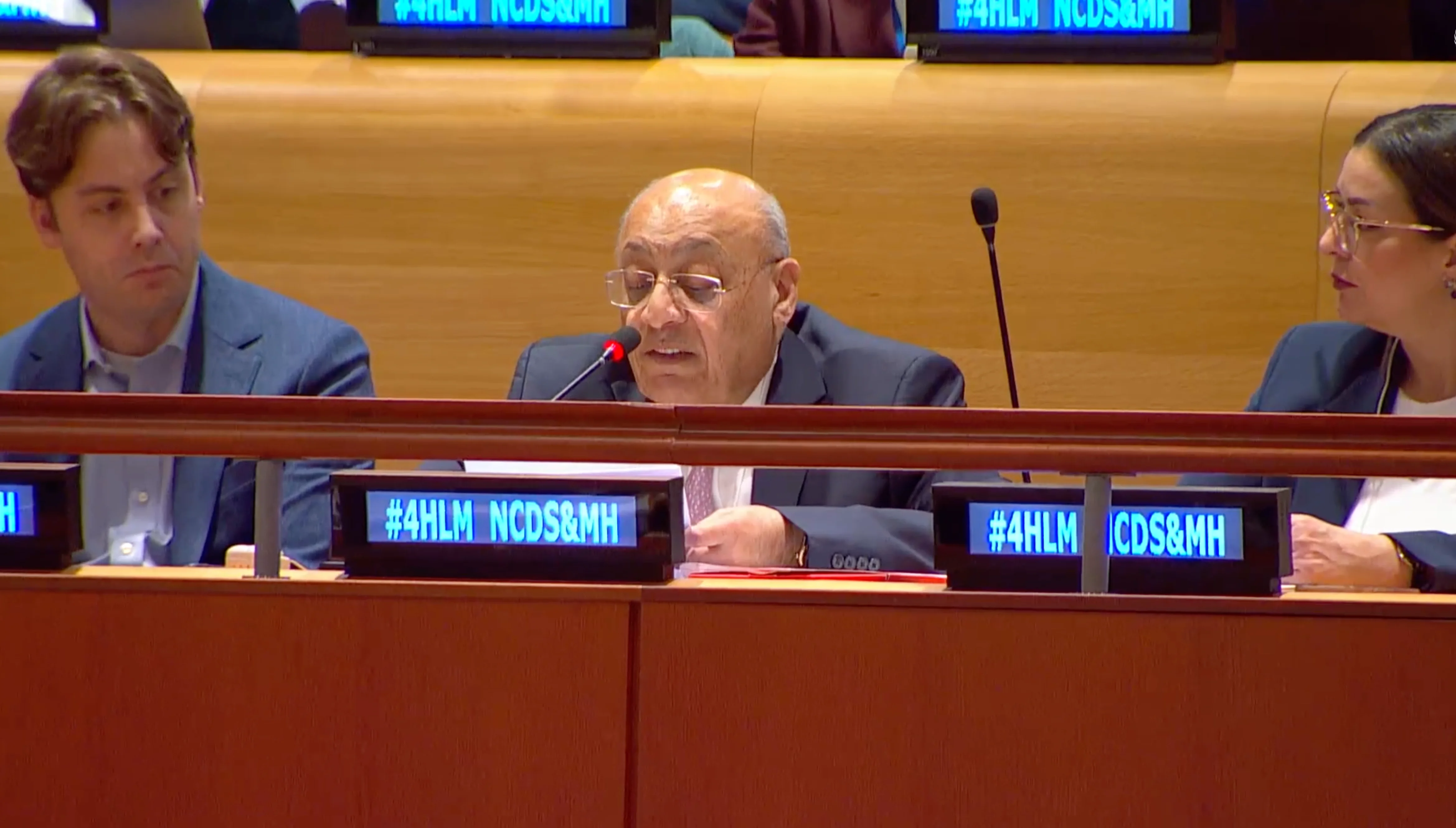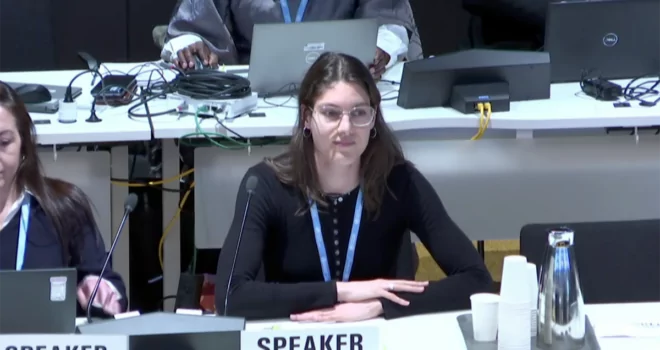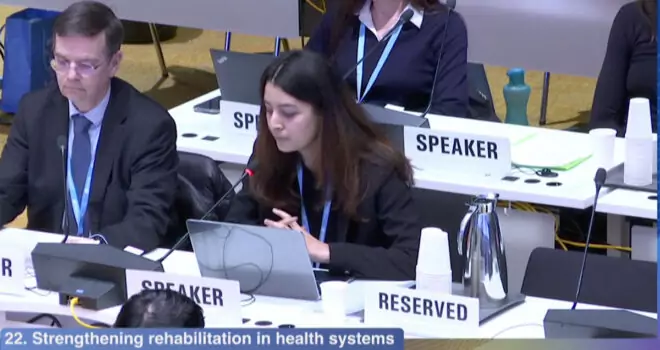This statement was delivered by Prof. Jagat Narula, President of the World Heart Federation, at the UN Multistakeholder Hearing on NCDs in response to a panel discussion on Tackling the Determinants of Noncommunicable Diseases and Mental Health and Well-Being Through Multisectoral and Effective Governance and Collaborative Action.

Distinguished delegates, colleagues and partners,
Cardiovascular disease remains the world’s number one killer, claiming more than 20 million lives every year. Yet, 80% of premature heart attacks and strokes can be prevented. As we gather to shape the global agenda, we must ensure that heart health is at the heart of any successful prevention strategy. It is our best chance to a healthier future for everyone.
On behalf of our 240 Members, we, at the World Heart Federation, call on governments to prioritize cardiovascular health by tackling its critical drivers: unhealthy diets, physical inactivity, smoking, air pollution and untreated blood pressure and cholesterol levels.
Our top ask today is simple, specific and achievable:
Treat 500 million more people with hypertension by 2030. This alone could avert millions of preventable deaths by mid-century. It is the most impactful and scalable intervention available to governments today. To get there, we need stronger primary care systems, task-sharing models and affordable access to essential medicines.
Adopt at least 50% excise taxes on tobacco, alcohol and sugar-sweetened beverages. These proven tools both reduce consumption and generate revenue for health.
Act stronger on air pollution, an under-addressed risk factor. The 2024 World Heart Report found over half of the 7 million air pollution deaths are due to CVD. Aligning clean air targets with climate and urban policies is essential. We urge adoption of the 2021 WHO air quality guidelines as legal standards.
None of these interventions can succeed in silos. We must break down the barriers between sectors – from health and finance to agriculture, trade, education and the environment – to drive shared accountability for population health. From regulating ultra-processed food marketing to ensuring walkable cities and clean air, good health is a policy choice.
We cannot continue to treat the symptoms and ignore the root causes. Health is just not a personal choice. Prevention is political and needs to be a priority for governments. Tackling cardiovascular disease is our immediate but long-term solution to the current crisis.
Thank you for this valuable opportunity to contribute.


